The tables below list the recorded unprovoked* shark attacks from around the world since records began in 1580. They have been aggregated and are held by the International Shark Attack File (ISAF).
The ISAF, the longest running authority on shark attacks, has a long-term scientifically documented database containing information on all known shark attacks, and is the only globally-comprehensive, source of scientific shark attack information in the world.
The “Big Three”
Of the 33 species listed only 10 have resulted in a confirmed fatality. As you can see the “Big Three” (great white, tiger & bull shark) are the main culprits far outnumbering other species in both total shark attacks and fatalities. Whilst we can take this at face value it would be unwise to make any other assumptions as to the quality of the rest of the data. Making a correct identification of many shark species is difficult under any circumstances. Actually getting it right during an attack is even trickier. In some cases tooth fragments were left behind, or the shark responsible was caught. In many cases though there is a bias towards sharks that people are familiar with.
| Common name | Species name | Total | Non fatal | Fatal |
|---|---|---|---|---|
| Great White | Carcharodon carcharias | 272 | 198 | 74 |
| Tiger | Galeocerdo cuvier | 100 | 71 | 29 |
| Bull | Carcharhinus leucas | 92 | 66 | 26 |
| Unidentified requiem | Carcharhinus spp. | 30 | 23 | 7 |
| Sand Tiger | Carcharias taurus | 30 | 29 | 1 |
| Blacktip | Carcharhinus limbatus | 28 | 28 | 0 |
| Bronze Whaler | Carcharhinus brachyurus | 19 | 18 | 1 |
| Hammerhead | Sphyrna spp. | 17 | 17 | 0 |
| Spinner | Carcharhinus brevipinna | 16 | 16 | 0 |
| Blue | Prionace glauca | 13 | 9 | 4 |
| Shortfin Mako | Isurus oxyrinchus | 12 | 11 | 1 |
| Blacktip Reef | Carcharhinus melanopterus | 11 | 11 | 0 |
| Wobbegong | Orectolobus spp. | 11 | 11 | 0 |
| Oceanic Whitetip | Carcharhinus longimanus | 10 | 7 | 3 |
| Nurse | Ginglymostoma cirratum | 10 | 10 | 0 |
| Lemon | Negaprion brevirostris | 10 | 10 | 0 |
| Sand | Odontaspis spp. | 9 | 9 | 0 |
| Grey reef | Carcharhinus amblyrhynchos | 7 | 7 | 0 |
| Sandbar | Carcharhinus plumbeus | 5 | 5 | 0 |
| Sevengill | Notorynchus cepedianus | 5 | 5 | 0 |
| Whitetip Reef | Triaenodon obesus | 5 | 5 | 0 |
| Caribbean Reef | Carcharhinus perezi | 4 | 4 | 0 |
| Mako | Isurus spp. | 4 | 4 | 0 |
| Spotted Wobbegong | Orectolobus maculatus | 4 | 4 | 0 |
| Silky | Carcharhinus falciformis | 3 | 3 | 0 |
| Dusky | Carcharhinus obscurus | 2 | 1 | 1 |
| Porbeagle | Lamna nasus | 2 | 2 | 0 |
| Galapagos | Carcharhinus galapagensis | 1 | 0 | 1 |
| Unidentified Lamniform | Carcharias spp. | 1 | 0 | 1 |
| Tope | Galeorhinus galeus | 1 | 1 | 0 |
| Port Jackson | Heterodontis portusjacksoni | 1 | 1 | 0 |
| Cookiecutter | Isistius brasiliensis | 1 | 1 | 0 |
| Guitarfish | Rhinobatos spp. | 1 | 1 | 0 |
| Leopard | Triakis semifasciata | 1 | 1 | 0 |
| Southern Fiddler | Trygonorrhina fasciata | 1 | 1 | 0 |
| TOTALS | 739 | 590 | 149 |
| Region | Total Attacks | Fatal Attacks | Last Fatality |
|---|---|---|---|
| United States excl Hawaii | 1022 | 36 | 2012 |
| Australia | 698 | 219 | 2013 |
| Africa | 326 | 89 | 2012 |
| Asia | 126 | 51 | 2000 |
| Pacific Islands excl Hawaii | 125 | 50 | 2011 |
| Hawaii | 117 | 9 | 2013 |
| South America | 112 | 25 | 2013 |
| Caribbean & Bahamas | 67 | 16 | 1972 |
| Central America | 62 | 27 | 2011 |
| New Zealand | 49 | 9 | 2013 |
| Europe | 36 | 17 | 1989 |
| Israel | 5 | 2 | 2013 |
| Bermuda | 3 | 0 | – |
| Not specified / Open Ocean | 20 | 7 | 1995 |
| Total: | 2,569 | 484 | 2013 |
*Unprovoked shark attacks are those that are initiated by the shark, in the shark’s natural habitat and without any human provocation. They generally fall into 3 categories:
- Hit and run attack – the least serious and most common. Here the shark takes a quick bite and leaves. These appear to be the result of mistaken identity which the shark realises after it has bitten the victim.
- Sneak attack – here the victim is unaware of the shark until the moment of attack. Such attacks may result in more than one deep bite and are not believed to result from mistaken identity. These attacks or the most serious and often result in a fatality.
- Bump and bite attack – In this kind of attack the shark may circle and bump the victim before launching an attack. The results can be fatal and are not believed to be due to mistaken identity.
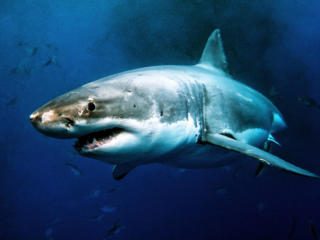
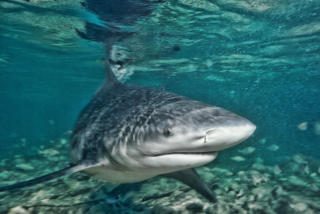
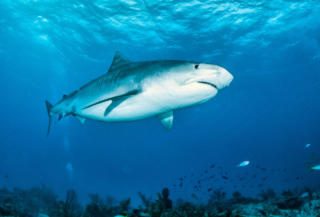
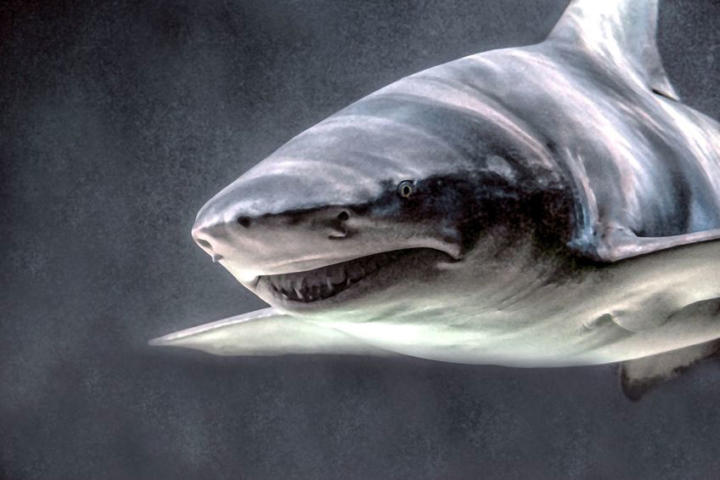
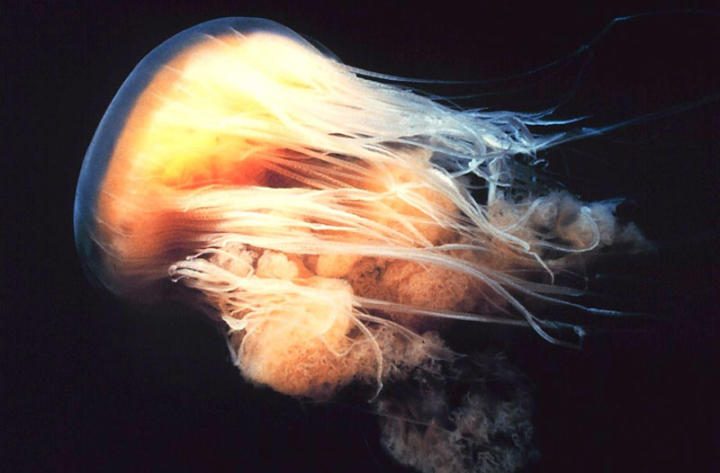
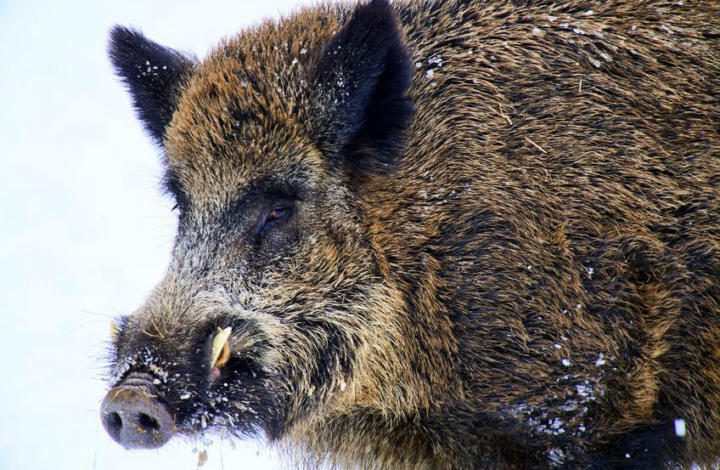
Thanks for this interesting article.
However, the picture you put of the tiger shark is actually a great white.
Also, in your statistics, you should include Reuinion island that has been plagued with an increase in shark attacks in the last years…
Thanks for pointing out the photo was wrong – fixed now…
Have been working on another part of the site which includes info on Reunion: https://www.planetdeadly.com/shark-attacks/reunion